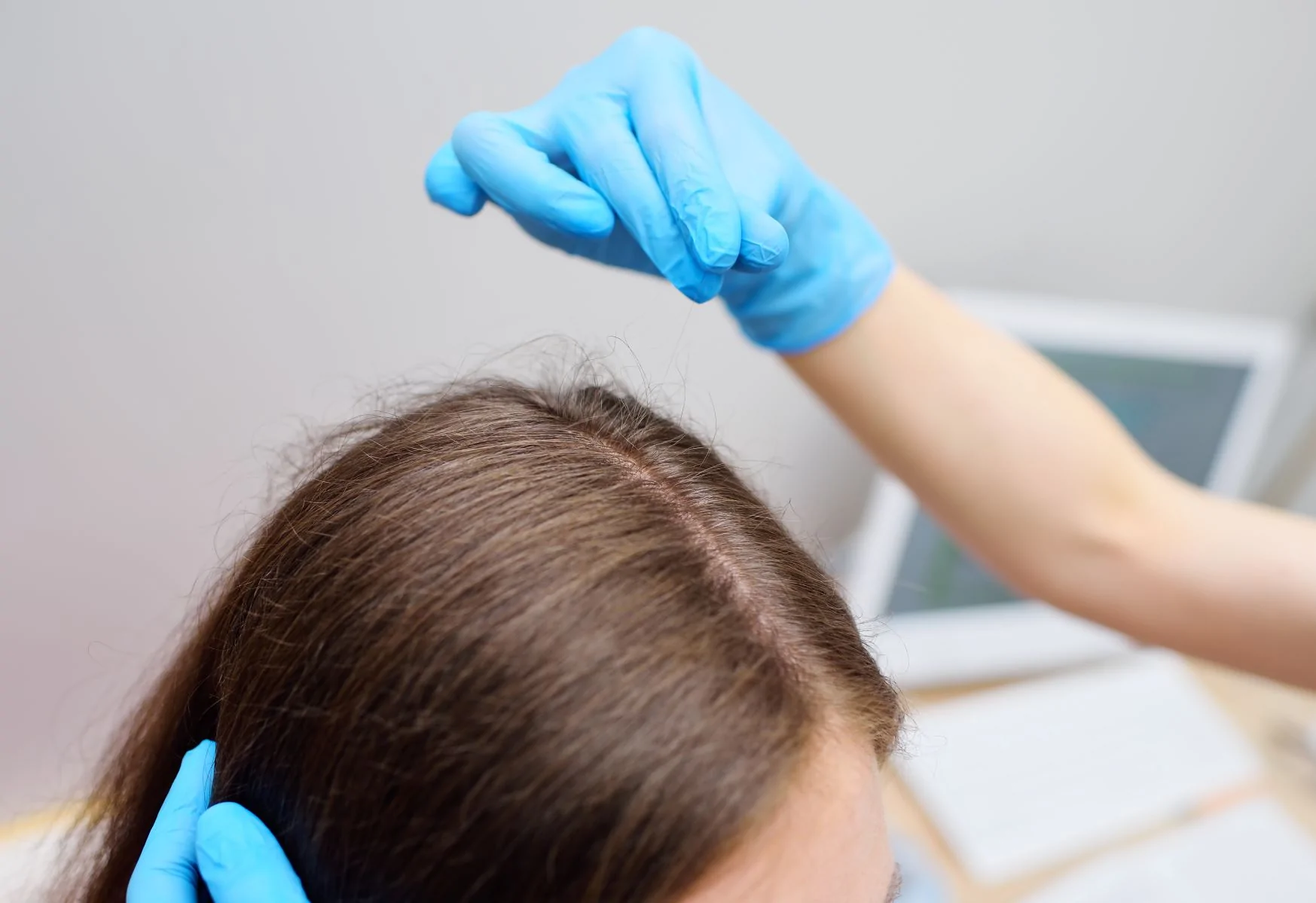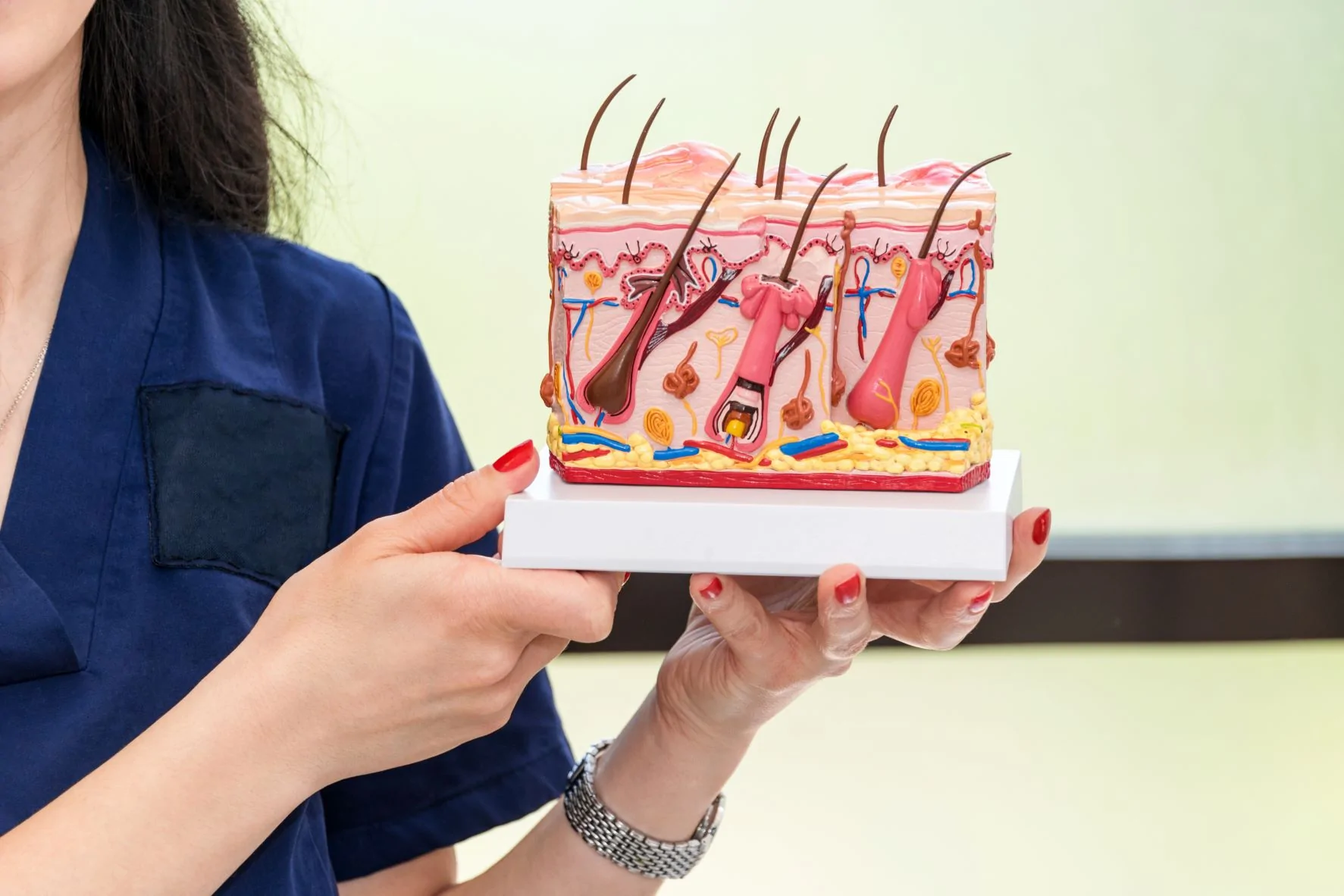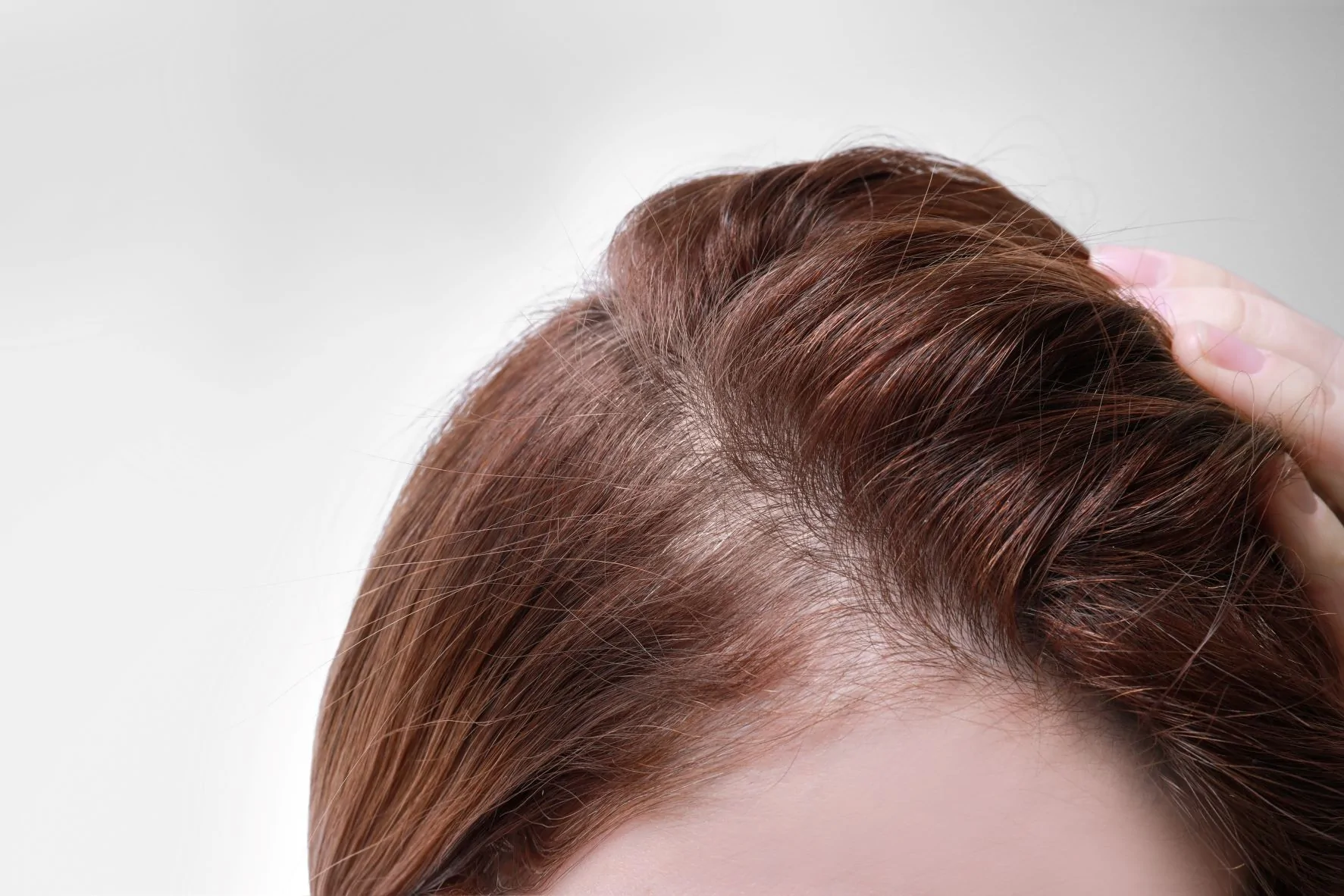Hair loss is a severe problem faced by every third individual in the USA.
Ever thought about the reason behind hair loss in such a significant number of people?
Yes, not only it a physiological phenomenon, but it also has other reasons behind it.
One of the main reasons for surgery phobia is excessive hair shedding. It is a severe problem that is faced by almost every person who underwent surgery.
Most people don't want to enter a vicious cycle of illness and hair loss.
In this article, Dr. Ahmad Chaudhry - a renowned board-certified dermatologist will discuss hair loss after surgery and how we can prevent it.
Table of content
Why do you see hair loss after surgery?
Surgery-related hair loss is a common problem due to various underlying factors. They mainly are:
- Stress
- Anesthesia and medications side effects
- Postural issues
As your leading source for hair health information over the past 4 years, we never compromise on accuracy. When it comes to your health, you deserve information you can truly rely on - and earning your trust is our top priority.
Here's how Scandinavian Biolabs ensures every piece of content meets the highest standards of accuracy and integrity:
- Credentialed Experts: Our reviewers are actively practicing doctors and medical researchers
- Stringent Reviews: Content undergoes rigorous editing by subject specialists and review by a practicing doctor.
- Evidence-Based: We rely on well-established research from trusted scientific sources like peer-reviewed journals and health authorities.
- Full Transparency: Our editorial standards, writer credentials, reviewer credentials, correction process, and funding are all publicly documented.
- Independent Voice: While we do promote products, we operate in a vacuum to business operations. Our main goal is just an unwavering commitment to providing medically-sound guidance.
You can count on Scandinavian Biolabs to consistently deliver the trustworthy health information you deserve. Read our Editorial Standards.
How does hair loss after surgery happen?
It is essential to understand how it happens.
Our hair follicles also take a rest during their life cycle. This period is called as telogen phase. Our body, under the effect of those factors, produces various hormones that increase the telogen degree, and eventually, hair loss results in surgical procedures.

What kind of surgery cause hair loss?
It is a common question that what type of surgery can cause hair loss?
Well, almost in all types of major surgery, we can experience hair loss.
The good thing about it is that it is temporary, and we can get the hairs back in the next couple of months.
There is an exception if the surgery involves the hair follicles with increased blood flow. Destroyed hair follicle will never grow again using non-surgical means. It can only be fixed with hair transplants and other similar treatments.
While all surgical procedures have the potential to cause telogen effluvium and hair loss, procedures that involve incisions on the scalp, such as head and neck surgeries, may also increase the risk of hair follicles shutting down.
Is stress after surgery related to hair loss?

Surgery is an invasive process that leads to an increase in body stress hormones.
It results in the increased consumption of essential nutrients in the wound-healing process of different vital organs. This process leads to a compromised supply of vitamins and minerals to the hair, and hair fall as a result.
The stress hormone can have a direct effect on the telogen cycle of the hair. As a result, it causes compromised hair growth cycle and hair thinning.
How medication affect hair loss after surgery?
Surgery involves the commencement of various medications starting from antibiotics, anesthesia to post-surgery relaxants.
Research carried by U.S dermatologists found that anesthesia medications directly affect the telogen cycle.
Apart from the anesthesia medications, they found that epilepsy medications, beta-blockers, and thyroid medications also have an immense role in inducing hair loss after surgery.
Post-surgery hormones and hair loss

The increased level of stress leads to hormonal rush and hair loss results. Corticosteroid levels and testosterone get their peak in two to three hours after surgery.
This is the main culprit behind post-surgery hair loss. After the hormones return to their baseline levels, hair starts growing again in a couple of months.
The American Hair Loss Association says to keep an eye on the percentage of telogen hairs because telogen effluvium could be a sign if you lose more than 20% of your hair.
What else can cause your hair loss?
There are many reasons why you lose hair. Your post-surgery hair loss may just coincide with other factors that actually caused the hair fall.
Nutritional deficiency, genetics, aging, etc. all do play a role in deterring your normal hair cycle. Read our list of why your hair won't grow.
How to prevent hair loss after surgery?
Hair loss after surgery can be naturally prevented if one can opt for the following routine:
- Exercise daily for about thirty minutes.
- Eat food enriched in proteins, iron, minerals, and essential vitamins.
- Don't take much stress
- Try to drink as much water as you can.
- You should have a good sleep routine. Try to wake early in the morning.
- Above all, biotin should be added to the hair products.
How to grow your hair back after surgery?
Losing hairs after surgery is inevitable due to stress and other prevailing factors. The good thing is that we can get them back after applying the following products and routine remedies:
Scandinavian Biolabs Hair Growth Routine
After surgery, it feels like a weight is lifted off your shoulder. That feeling is unforgettable.
But then, suddenly, you are faced with another problem - hair shedding.
You're wondering is there a way to end this endless cycle.
Worry no more, as we have our very own Hair Strength & Growth Bundle.
As part of our promise for efficacy, we guarantee results in 150 days or your money back.
Let us help you end that cycle, as we did with many other success stories.
Minoxidil and Finasteride
Minoxidil is a drug that can be sprayed regularly twice on your scalp. It helps in the fast growth of hair.
Minoxidil and finasteride has long been the main two prescribed drug for temporary hair loss - for different reasons. Find out the differences between finasteride vs. minoxidil.
It is essential to consult your health care practitioner before use of either. Both have been known to have drastic side effects that needs to be carefully considered before using. However, there are safer natural and drug alternatives to minoxidil that you should definitely check out.
Microneedling
Microneedling technique is a new technique which stimulate hair follicles after surgery. It works on the principle of vascularization hence promoting normal hair growth cycle.
Laser Therapy
Laser therapy to increase the growth of the hair has gained much traction. It is one of the dermatologist's choices to regrow hair after surgery.
Corticosteroid Injection
Some dermatologists use corticosteroid injections to pace up hair growth. This process is painful and is usually avoided.
Platelet-rich plasma therapy (PRP)
Some clinics also use the platelet-rich plasma technique to speed up hair growth after surgery as a baldness treatment. In fact, we've been partnering with a PRP lab in London - supplying their patients our products which assist hair growth after surgery.
Are there any other hair loss triggers after surgery?

Apart from the trauma of the surgery itself, there are other hair loss triggers that can occur after a procedure. For instance, some people may experience positional alopecia, which is a type of balding caused by prolonged standing in a fixed position.
Additionally, telogen effluvium hair loss can occur when the body experiences shock, such as after surgery. This is caused by a disruption in the hair’s natural growth cycle, but it is typically temporary.
To manage the risk of hair loss after surgery, it is important to follow a good hair care plan and to talk to your doctor about possible preventative measures.
Hair loss and anesthesia
Anesthesia hair loss is a common side effect of certain types of surgery and can occur in both men and women. This type of hair loss is usually temporary and is caused by the stress on the body from the surgery and the effects of the anesthesia. The hair growth cycle is disrupted, causing hair to enter the shedding phase prematurely. This can result in thinning hair or temporary baldness.
It's important to note that not all surgeries and types of anesthesia will result in hair loss. If you're concerned about the possibility of hair loss after surgery, it's a good idea to speak with your surgeon or anesthesiologist to discuss your concerns and ask about potential side effects. In most cases, hair loss after anesthesia is temporary and will resolve on its own within a few months.
References
Burke, K. E. 1989. “Hair Loss. What Causes It and What Can Be Done about It.” Postgraduate Medicine 85 (6). https://doi.org/10.1080/00325481.1989.11700688.
Limberger, L. 1959. “[The Surgical Treatment of Hair Loss].” Die Medizinische 35 (August). https://pubmed.ncbi.nlm.nih.gov/13848555/.
Limberger, L. F., F. P. Faria, L. S. Campos, K. M. J. Anzolch, and A. Fornari. 2018. “Costs Analysis of Surgical Treatment of Stress Urinary Incontinence in a Brazilian Public Hospital, Comparing Burch and Synthetic Sling Techniques.” International Braz J Urol: Official Journal of the Brazilian Society of Urology 44 (1). https://doi.org/10.1590/S1677-5538.IBJU.2017.0232.
Rose, P. T. 2015. “Hair Restoration Surgery: Challenges and Solutions.” Clinical, Cosmetic and Investigational Dermatology 8 (July). https://doi.org/10.2147/CCID.S53980.







